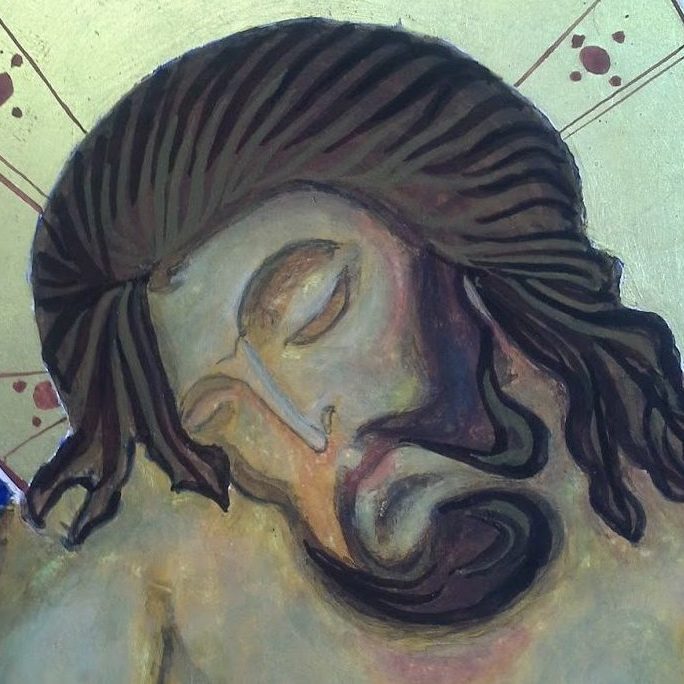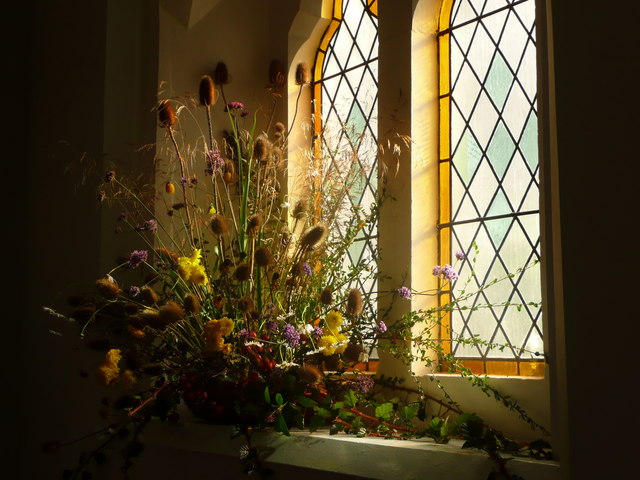Hope has wavered over the past two years. Sometimes it felt as if we were never going to come out of the other side of covid. Even now things feel unstable and insecure – once again there are empty shelves at the supermarket and those of us with cars have faced queues at petrol stations – and the price has gone up again! Good times have sometimes seemed like a distant memory and I know many have despaired.
Hard Times and Hope
Times of anxiety and uncertainty are part of human life, and such times are reflected in Psalm 126, which we have read this morning. The writer is looking back at a previous time of hardship and remembering that God restored their fortune – after hard times, good things returned. But the writer is having a hard time again, and so is looking back and remembering that good times returned before and will do so again. All this is recounted with faith, so it is God who has restored good fortune, and the writer’s prayer is that God will do so again. This is hope – not simple optimism, but a hope born out of trust in God’s goodness and love.
And yet hope is at the heart of the Christian Gospel. We have hope of heaven, once our earthly life is over. We have hope that our sins will not be held against us and that the imperfections of our personalities and our physical frailties will be healed – that we will be restored to the perfection from whence we came.

And so we must hope. The Christian faith, at its best has also hoped for good things in this life, not only the next. Remember, Jesus spoke of the Kingdom of Heaven being here and now, not just after we die – here, growing like a mustard seed, like yeast rising a loaf, like a big catch of fish, or like treasure hidden in a field. These are all things which might easily be overlooked, or not recognised as God’s blessings. So, we must be looking for the Kingdom, looking for hope and seeing the world through the eyes of faith so good things aren’t just ‘luck’, but the fruits of God’s generous love
Our hope is for times when having a sore throat doesn’t send you into worries about having caught something terrible, or about already having passed something terrible on to someone else. Hope for times when going into hospital isn’t stepping into danger, and for when doctors, nurses and care workers will be able to work normal hours. Hope for when covid has gone and when shops will be full, and we can all breathe out and relax. So we must hope, and, like the psalmist, we must pray for good times to return.
The Prophetic Tradition
Alongside this abiding hope, Christianity and Judaism, from which it arose, has had a parallel prophetic tradition. Prophecy isn’t simply about predicting the future. Rather it’s about looking forward to the consequences of current behaviour and seeing where it will lead. Sometimes this is about God’s judgement, which may be to do with what happens when we die. So Jesus told us that those who fail to feed the hungry, give water to the thirsty and clothes to those who are naked will not be judged favourably when they meet God face to face. But, just as hope can be about what is here and now, prophets can also point out the consequences in this life, if we don’t change our ways. The psalm we have read alludes to times when turning away from God, faithlessness, greed or bad behavior brought disaster into this life. We may no longer quite believe that God will punish us with disaster if we do something wrong, but it is still worth considering the idea that our actions have consequences.
In a few weeks world leaders will be gathering in Glasgow at the COP26 sumit, to consider climate change and what changes in collective human behaviour are needed in order to avert environmental disaster. Among the prophets are many young people who have very definite opinions. It’s easy for people in power to patronise them for being young and idealistic. I keep wondering what would happen if Greta Thumberg refused to allow people to applaud, and required them to sit in silence for 5 minutes after her speeches – I can’t help feeling that this might make a difference.

There are also climate activists who get in the way and make nuisances of themselves. It’s very easy to disapprove or condemn, but it’s worth remembering that prophets have traditionally been nuisances, and have often ended up in prison. Symbolic actions are also an essential part of the prophetic repertoire. All of this arises from a kind of drivenness which comes from determination to get the message across – prophets want people to listen! A true prophet acts from this desire, not from a need to seek attention for its own sake. We must judge the current activism for ourselves. In order to discern, we have to listen to the message: what is being said, and is what is being said something worth hearing? If you listen, you will know which category the climate protestors are in.
Harvest is a good time to remember both the hope we have as people of faith, but also the discomforting words of today’s prophets and the disaster they predict. It is certain that things must change, and we must hold our leaders to account in whatever ways we can. And in whatever ways we can we must continue to feed the hungry, give water to the thirsty and clothe the naked – perhaps our categories might be a bit different, but that willingness to care for people in need is one of the imperatives at the heart of our faith. Important and thoroughly good though it is, in some ways collecting for the local food bank is easy. It is much harder to apply your faith to global matters and decide what to do. As people of faith, we must do both. How will you do both this harvest time?
Tweet
